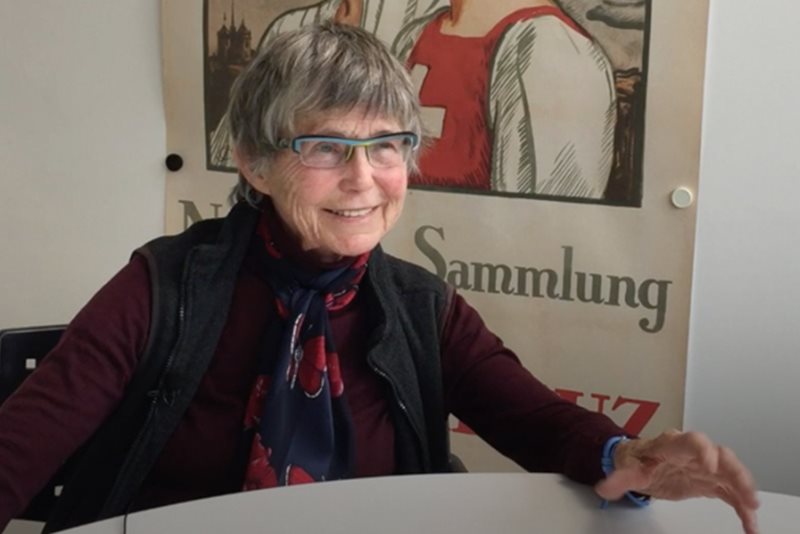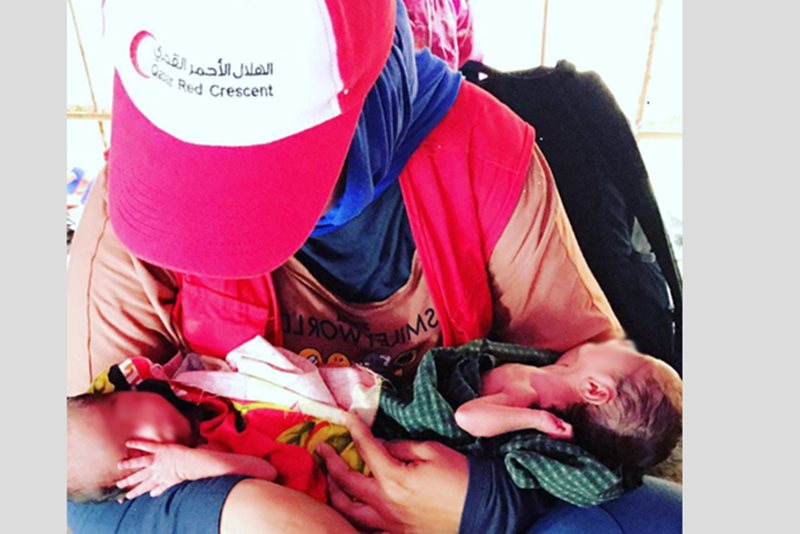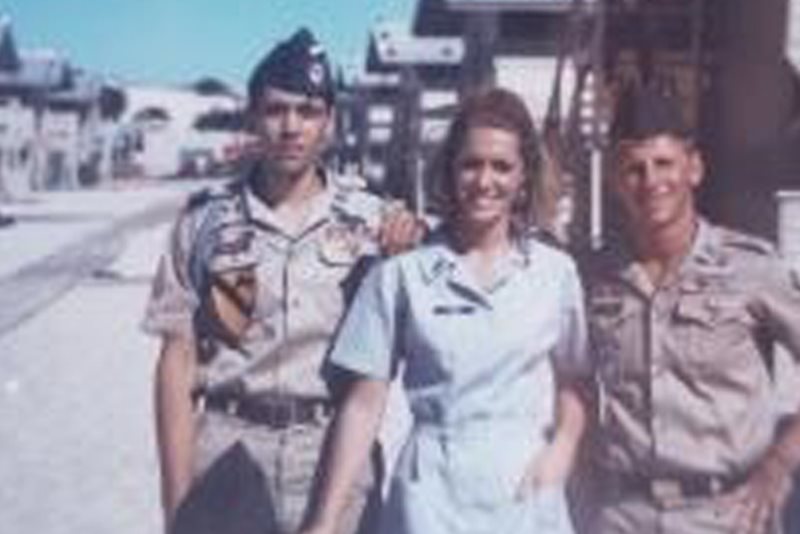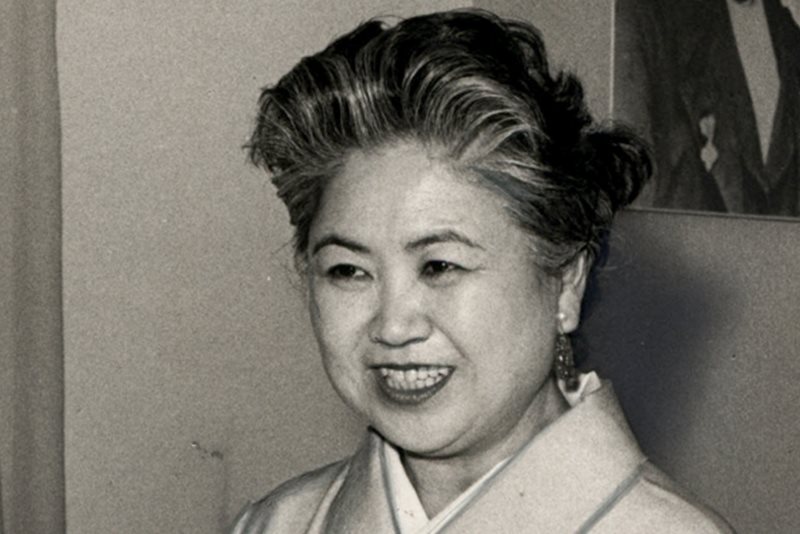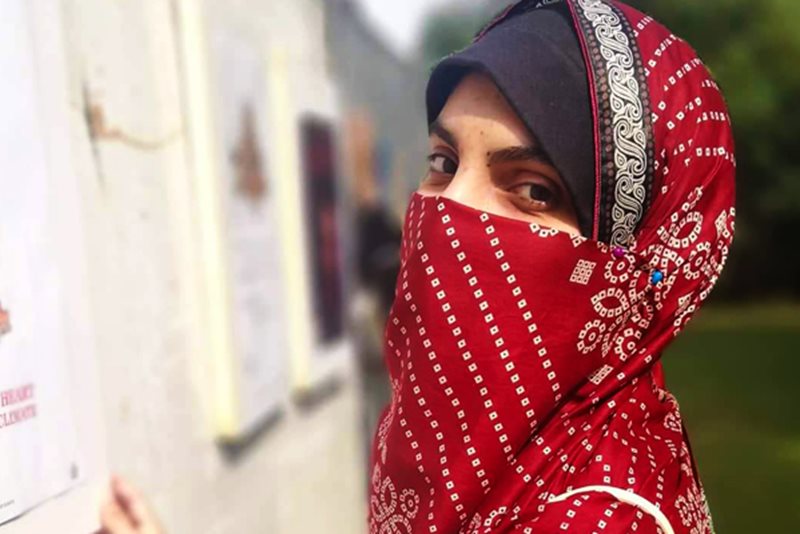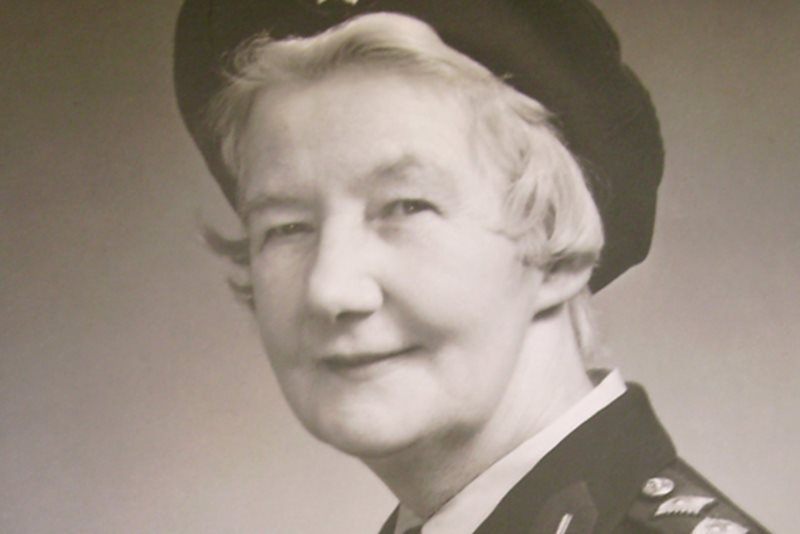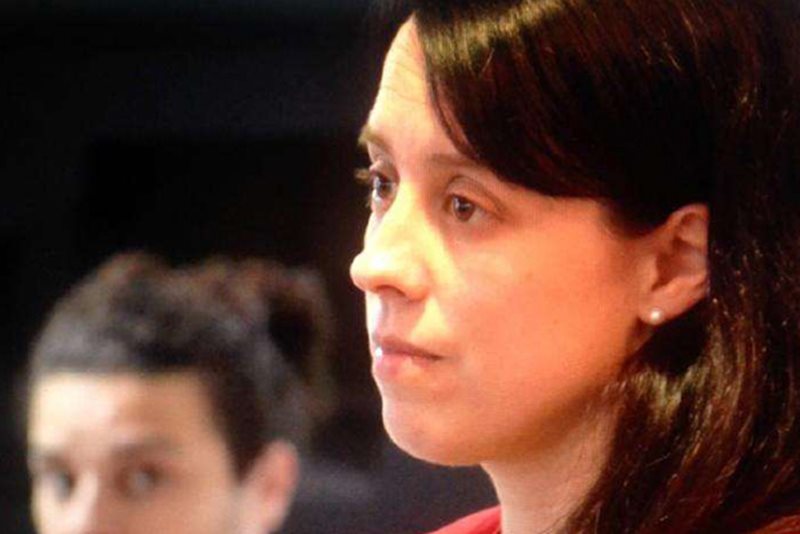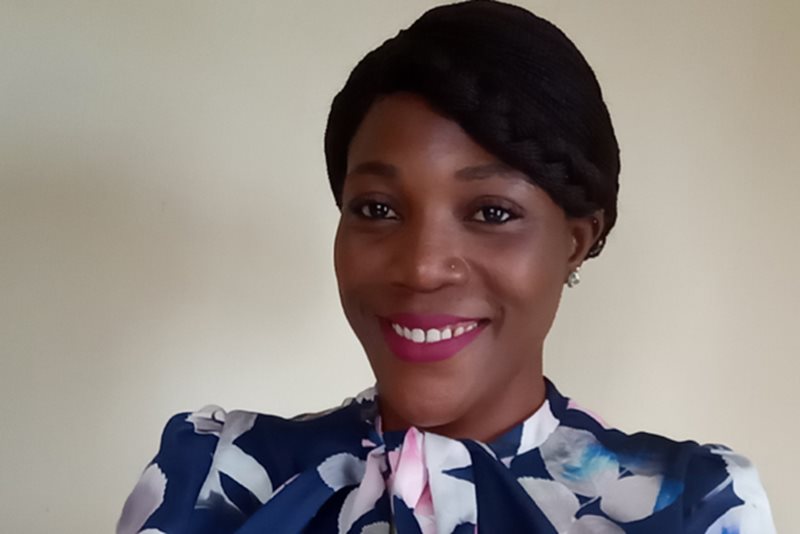“I grew up in an area called Maasheq. Our house was on a mountain, we had four Yemeni neighbours, the rest of the families were English. As a young girl I’d always go to the doctor near our house to let her treat our pets. She taught me First Aid and gave me a First Aid kit as a gift. She was the one who got me interested in helping others.
Not much later the International Committee of the Red Cross (ICRC) visited my school in Aden. I was in the schoolyard, tying up the foot of one of my classmates who fell on the play ground. I drew their attention; they came to me and asked me if I wanted to learn First Aid, they could teach it to me. I was so happy. I went to their sessions at the ICRC headquarter in Al-Ma’ala.
When I was fourteen I became a volunteer with the Red Crescent in Aden. Life was good, until the war started in 1986. Thousands of people were killed, it was horrible. I remember one day we – the Red Crescent volunteers - were in the field and had problems with the belligerents. They asked us to hand over the Red Crescent slogans. They wanted to use them to enter the hospitals and kidnap the wounded. That is a crime against the law and luckily we managed to hide the slogans from them. But we were tortured for doing so.
After the war ended, some colleagues and I managed to escape from Aden to Sana’a and joined the Red Crescent branch there. We had hoped for better days, but a few years later, in 1994, the civil war broke out there. Hospitals were in short supply due to the departure of foreign doctors. I called in the volunteers and trained them first aid, clinical nursing and how to take care of the wounded. We distributed them to different hospitals and supervised them. I never got an official medical degree. I learned everything I know in the field. It was enough to train others to handle crisis situations.
In 2015 I travelled back to Aden to work as psychological support for the prisoners in the central prison. Aden was safe at the time. Work was great, I was doing well. Until – again - the war broke out. I couldn’t return back to Sana’a. I was forced to stay in Aden and together with other volunteers we tried to save people from the fighting. It was a hard time. There were a lot of problems and crisis situations. One of the crises I remember most vividly was the time we visited a dialysis centre. There were about 350 patients. The hospital didn’t have all the supplies they needed to treat them. There was no budget, so I decided to rent trucks from my own money. I put the Red Crescent logo on them and packed them with food, water, first aid kits and ice – because it was so hot – and asked the young volunteers who wanted to come with me. Some declined because of the seriousness of the war. But others responded with: Will the checkpoints allow us to pass? I answered: “We will give them food and emergency help and we will tell them our destination.” I wasn’t sure if it would work, but we had to try.
We headed up and of course we were stopped at one of the checkpoints. They asked us to get out of the vehicles. I told them I was the leader of the group and they should let the other be. I went down for investigation. Thanks to my years of experience in war situations I was able to convince them of our neutrality and destination. I gave them food and an emergency kit and then they allowed us to pass. But then we drove into the fighters of the opposite side.
– Aietdal Abdo Nasser, YemenI will continue with this work until my heartbeat stops
They weren’t as easily convinced. If it wasn’t for a friendly commander, they probably would have killed us. But he managed to convince them that we were a neutral organisation. We gave them food and an emergency kit and continued our trip. Finally we arrived at the hospital in Nasr. We got the filters and other needed supplies and then we returned home. It was a death road. The towns we passed were ghost towns: we only saw corpses and fighters. All the inhabitants had fled. The bullets were flying above our heads. I don’t know how, but eventually we made it safe back to the centre. We installed the filters for the patients. They were saved. After we finished, I burst out crying. I cried like I never cried before. I still don’t know if it was because of joy or fear.
I am lucky that my family always supported my work. I was able to arrange my personal life around my work for the Red Crescent. My husband has always stood by my side and supports me in everything I do. I am very thankful for that, because I will continue working for the Red Crescent until my heartbeat stops.”

Over 75 countries have established quota policies to ensure more women have leadership roles within domestic politics.




